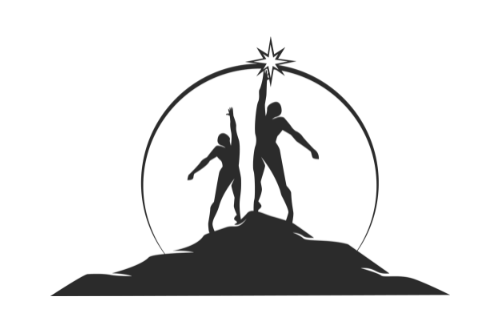Introduction: The Weight of Purple and Gold
Dwight Howard opened up about his departure from the Lakers, revealing that tension with Kobe Bryant, differences in playing style, and discomfort in Mike D’Antoni’s system led him to leave after the 2012–13 season—a move he later described as one of the hardest choices of his career.
The 2013 Exit – An Emotional Mistake
“I Never Wanted to Be a Laker”
Howard stunned fans by admitting he resisted the 2012 trade to Los Angeles:
“Nobody knew I didn’t want to go to LA… They just beat us in the Finals. I wanted to go to Brooklyn and start over.”
Forced into purple and gold, he arrived physically diminished after back surgery and a torn labrum, struggling to mesh with Kobe Bryant’s intensity.
The Fractured Foundation
- Kobe Tensions: Bryant publicly lobbied for Phil Jackson as coach, but the hiring of Mike D’Antoni alienated Howard. The system marginalized Pau Gasol and failed to optimize Howard’s post game.
- Fan Disconnection: Boos echoed at Staples Center during a 45-win season ending in a first-round sweep. Howard felt “disrespected” by the organization’s handling of his free agency.
The Regret
In 2024, Howard called his Rockets signing a rash choice:
“I made an emotional decision… I didn’t weigh things wisely. My emotions got the best of me.”
He speculates staying could have spared the Lakers’ six-year playoff drought.
The 2020 Bubble Championship & the LeBron Conflict
Redemption Cut Short
Howard’s 2019 return was a triumph: his defense neutralized Nikola Jokić in the Western Conference Finals, helping secure the 2020 championship. Yet weeks later, he was gone again—this time, he claims, due to LeBron James.
The “B-Word” Incident
During a regular-season game, Howard criticized James for poor transition defense:
“Yo, stop acting like a b—-!”
On his Above the Rim podcast, Howard linked this moment to his exit:
“I said that… and I got kicked off the Lakers.”
The remark echoed Draymond Green’s 2016 Finals clash with James, which also centered on the same insult .
A Basketball or Personal Decision?
The Lakers never clarified Howard’s 2020 departure. While his role diminished in 2021–2022 (6.2 PPG), Howard believes the LeBron incident was pivotal:
“It happened after we won the championship… He got mad because I said something.”.
Career Aftermath – From Stardom to Obscurity
The Downward Spiral
Leaving L.A. in 2013 catalyzed Howard’s decline:
- Houston (2013–2016): Clashed with James Harden over post touches.
- Nomadic Years (2016–2022): Became a journeyman (Hawks, Hornets, Wizards), battling injuries and reduced minutes.
The NBA’s Cold Shoulder
By 2022, Howard was “fed up” with free agency:
*“Teams lied… They offered 10-day contracts despite my sacrifices.”*
He left for Taiwan in 2023, accusing the league of ignoring his willingness to be a role player.
Legacy, Reflection, and Unfinished Business
Hall of Fame Amid Narrative Battles
Despite 3× Defensive Player of the Year and a 2020 title, Howard believes “off-court narratives” overshadowed his resume. Media focus on his Kobe/LeBron clashes delayed Hall of Fame recognition until 2025.
The 2025 Redemption Campaign?
- Lakers Fan Campaign: After the Lakers’ 2025 playoff loss exposed their lack of size, Howard tweeted: “Don’t worry we gone bring one back for LA .” Fans flooded replies begging for his return.
- BIG3 Farewell: Now with the BIG3’s LA Riots, Howard calls this his “final professional season.” Yet he remains open to an NBA return: “I’d help the Lakers anytime”.
Conclusion: The Eternal What-If
Dwight Howard’s Lakers story is a tangle of missed opportunities and public vulnerability. His 2013 exit robbed the franchise of a bridge from the Kobe era; his 2020 departure revealed the fragile dynamics behind championship glories. As Howard heads into the Hall of Fame, his reflections underscore a universal truth: in sports, emotional decisions echo longer than stats or rings. For Lakers faithful, the door to reconciliation—whether as a player or a redeemed icon—remains tantalizingly ajar.
